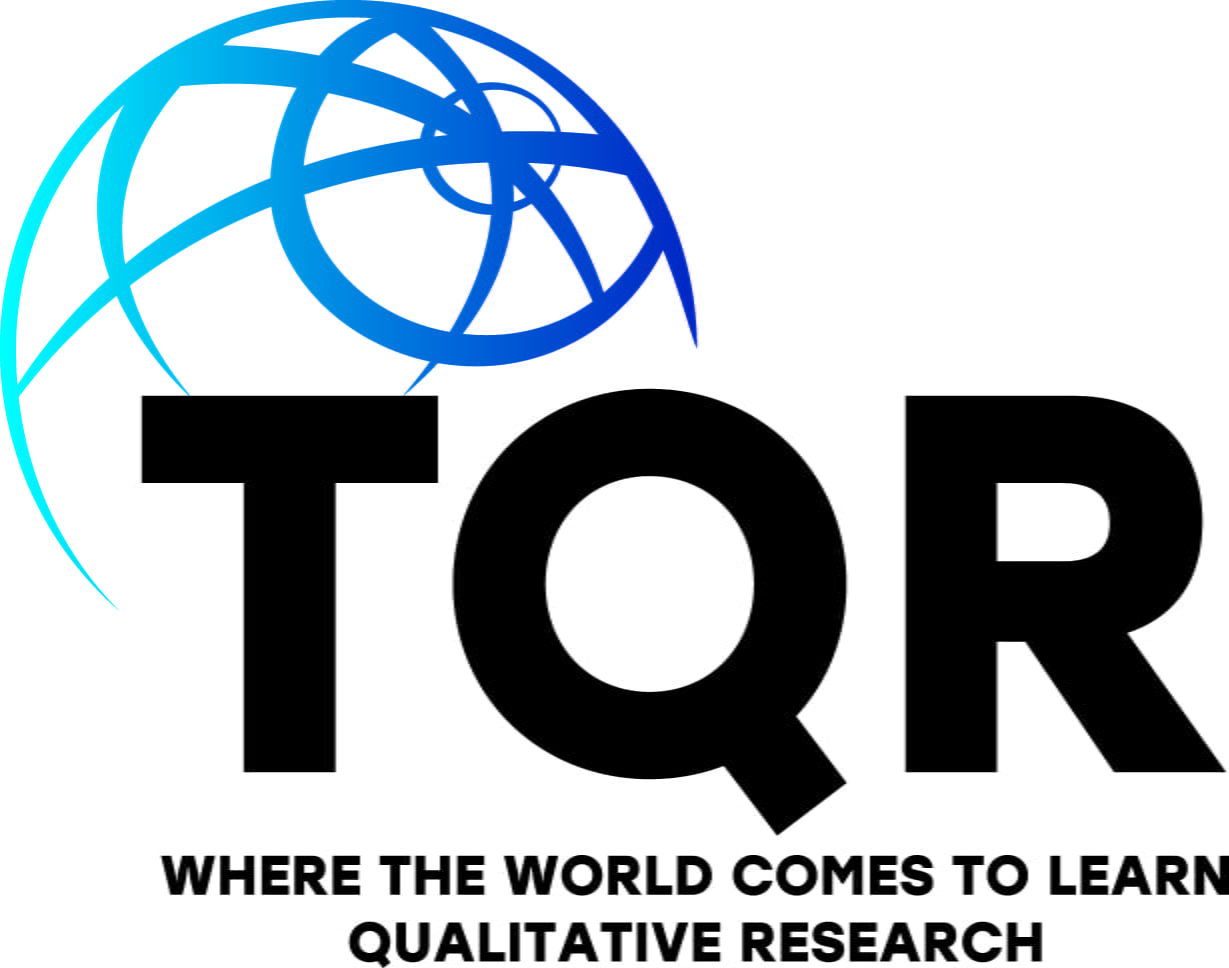Developing Social Science Theory – Virtual Workshop
Johnny Saldaña, Arizona State University’s School of Film, Dance, and Theatre
Hosted by The Qualitative Report at Nova Southeastern University (Virtual)
Wednesday, July 13, 2022
10:00 AM – 3:00 PM Eastern USA Time (1 Hour Lunch Break)
Johnny Saldaña Biography
Johnny Saldaña is Professor Emeritus from Arizona State University’s School of Film, Dance, and Theatre. He is the author of Longitudinal Qualitative Research: Analyzing Change through Time, Fundamentals of Qualitative Research, The Coding Manual for Qualitative Researchers, Thinking Qualitatively: Methods of Mind, Ethnotheatre: Research from Page to Stage, Writing Qualitatively: The Selected Works of Johnny Saldaña, co-author with the late Miles and Huberman for Qualitative Data Analysis: A Methods Sourcebook, and co-author with Matt Omasta for Qualitative Research: Analyzing Life. Saldaña’s qualitative methods works have been cited and referenced in more than 20,000 research studies conducted in over 130 countries.
Theory is a ubiquitous but sometimes elusive term in the social sciences. Methodological writers rarely define theory explicitly, nor do they provide specific examples of theories. This workshop presents a primer on the fundamentals of theory construction and its constituent elements; offers concrete examples of social science theories; and includes exercises in theory development.
Philosopher Karl Popper evocatively proposed that “Theories are nets cast to catch what we call ‘the world’: to rationalize, to explain, and to master it.” In more practical terms, Kathryn Roulston elegantly explains that “Theories are simply statements that explain how concepts connect with one another. Theories tell us something about the way things work and how things happen.” Saldaña extracts from the literature that a theory, most often, is a statement with an accompanying explanatory narrative that contains and/or implies the following properties; it
- expresses a patterned relationship between two or more concepts;
- predicts and controls action through propositional logic;
- accounts for parameters of or variation in the empirical observations;
- explains how and/or why something happens by stating its cause(s);
- suggests generalizability and/or transferability to related social contexts; and
- provides insights and guidance for improving social life.
This workshop will present the fundamentals of social science theory, and provide participants exercises in concept construction, theory development, and theory assessment.

